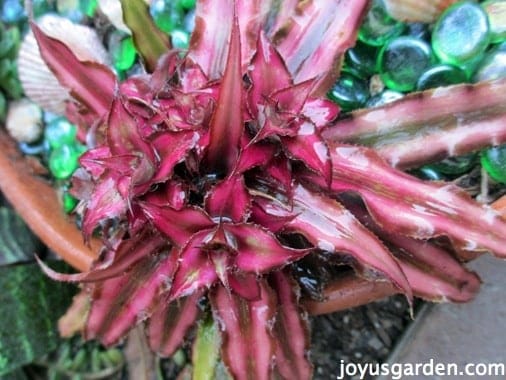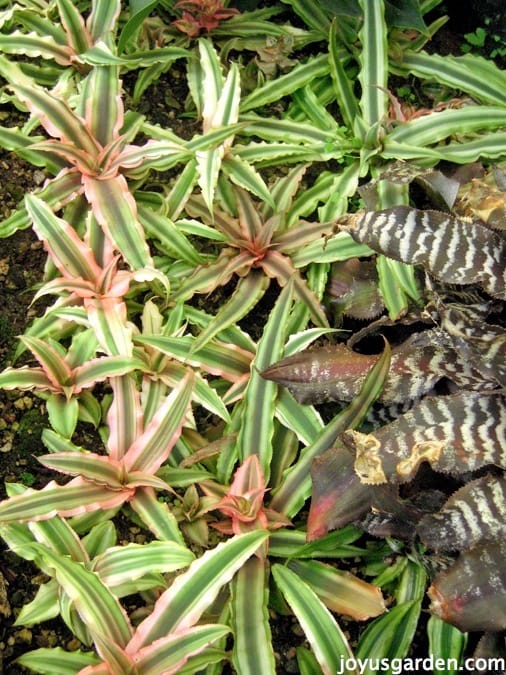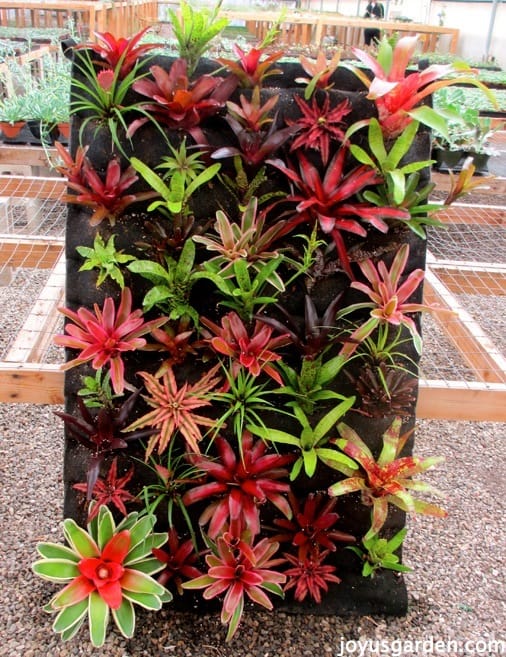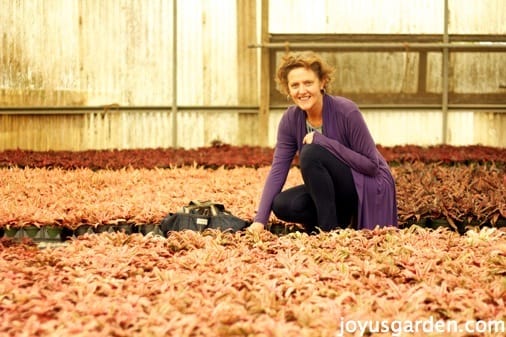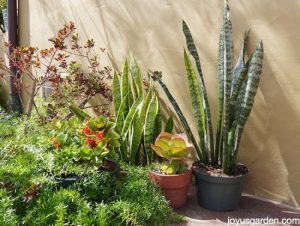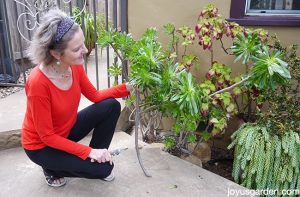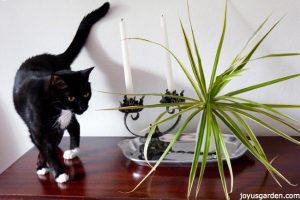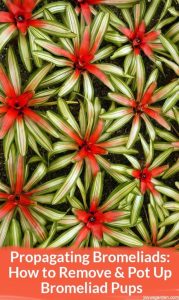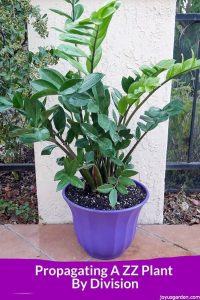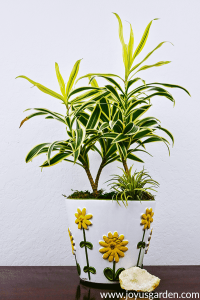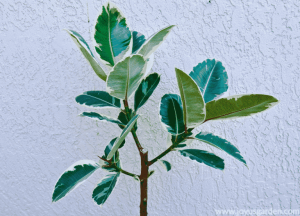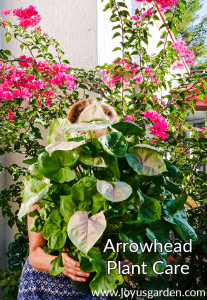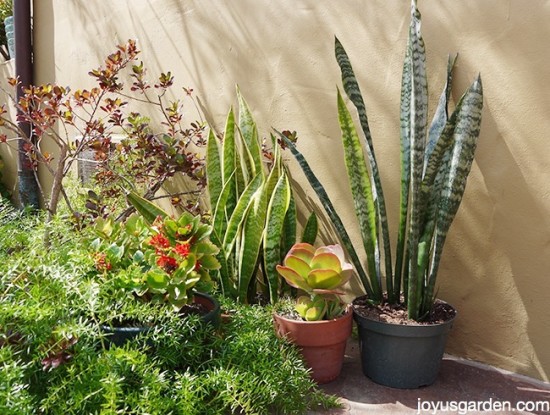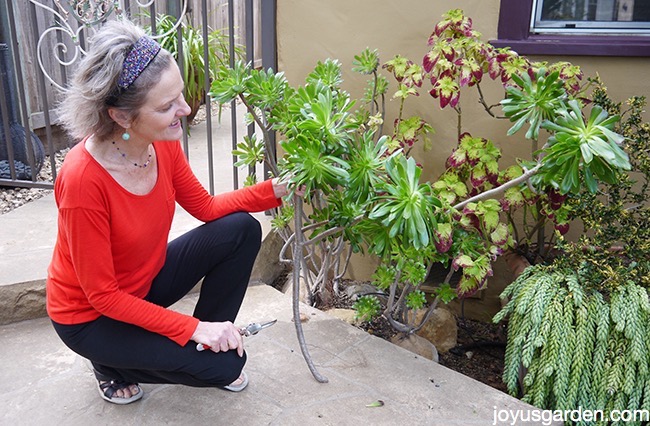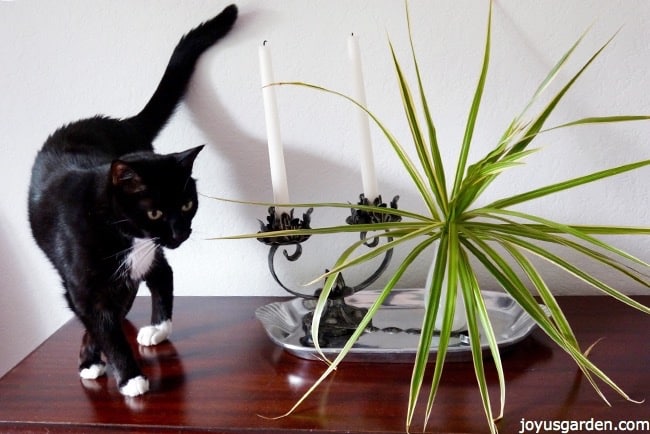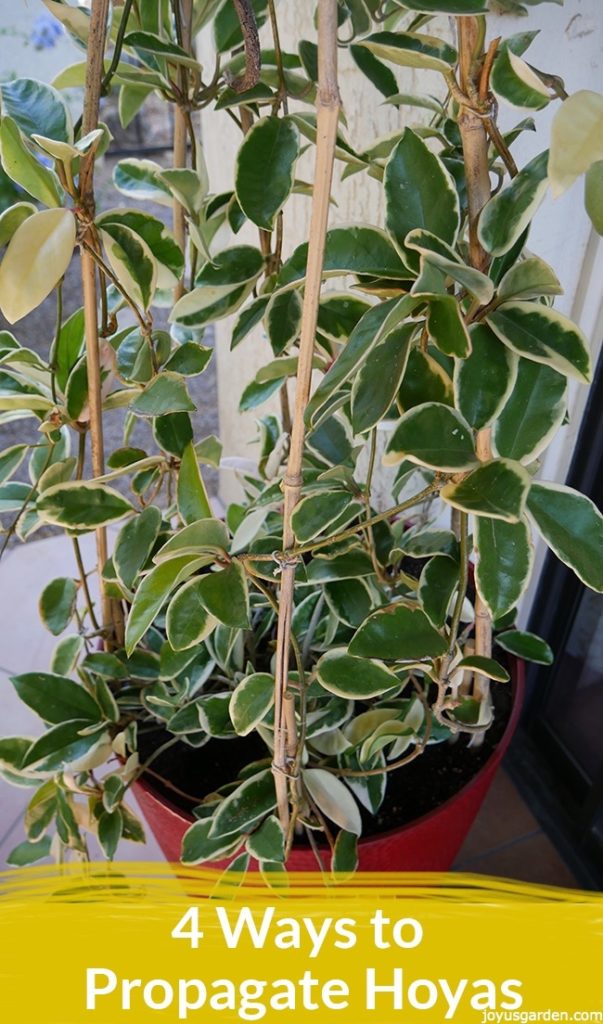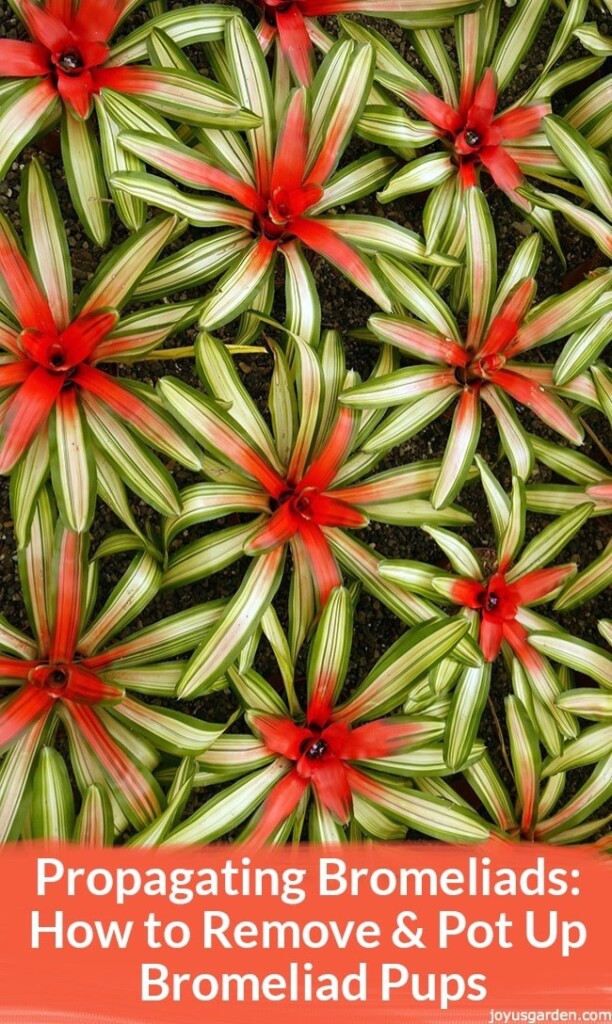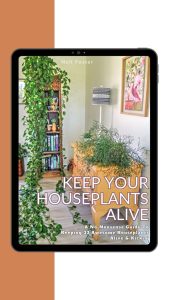I’ve been loving and using bromeliads in my garden for two years now but it wasn’t until recently that I discovered those cute little Cryptanthus’ or Earth Stars. What horticultural rock have I been hiding under? They are now my latest plant crush.
However, just a few weeks ago I purchased some new succulents so Purple Split Rock and Graptoveria “Bashful” are close behind. Cryptanthus was given its common name because the showy, wavy leaves grow in the form of a star.
MY LATEST VIDEOS
Some Of Our General Houseplant Guides For Your Reference:
- Guide To Watering Indoor Plants
- Beginner’s Guide To Repotting Plants
- 3 Ways To Successfully Fertilize Indoor Plants
- How to Clean Houseplants
- Winter Houseplant Care Guide
- Plant Humidity: How I Increase Humidity For Houseplants
- Buying Houseplants: 14 Tips For Indoor Gardening Newbies
- 11 Pet-Friendly Houseplants
The foliage of this plant is much more the draw than the small, insignificant white flowers.
Unlike many other bromeliads, the flowers don’t appear on a long stalk. I know this because mine have already bloomed in the short time I’ve had them. They grow low and are very effective when planted in mass. As far as light goes, their ideal seems to be bright shade. If they get too much sun, they burn. Not enough and the foliage reverts to a yucky green.
As you can see, they make a striking ground cover when planted in quantity. Seen at Sherman Library & Gardens. Be sure to check out the link at the end because this garden has a lot of bromeliads & succulents.
The majority of Bromeliads are epiphytes, meaning they grow on other plants and get their moisture from the air.
This is not the case with these Earth Stars as they are terrestrial. In nature, they grow in soil in moist conditions under other plants which means you water them differently than their other bromeliad relatives. You keep the soil of the plant evenly moist rather than keeping water in the cup.
When planting them, use a mix that has ground bark, coir (or peat), sand and perlite – it needs to be well-drained. Or, you can make it easy and buy a bromeliad planting mix.
They are very easy to propagate. Wait until the pups (babies) reach a good size, about 1/3 that of the mother. I heal them off for a few days and then stick them into a pot with that loose soil mixture. These I water in after planting.
Be sure to watch the video below to see how easy the pups are to take off the mother plant.
They are considered easy as houseplants but I have no experience with this because mine grow outdoors. Reportedly they like bright light with at least 4 hours of sun (not all day scorching) to bring out the color in the leaves.
Water them on a regular basis but don’t keep them soggy. They do like humidity, not found all year long in the average home, so a spot in the kitchen or bathroom would be set.
As soon as the pups on my plants get bigger I plan on taking them off and potting them up. I plan to plant them en masse under my Loquat Tree. I’d love to hear what your plant crush is these days!
Update: Read about my worm compost/compost feeding right here.

This post may contain affiliate links, you can read our policies here

